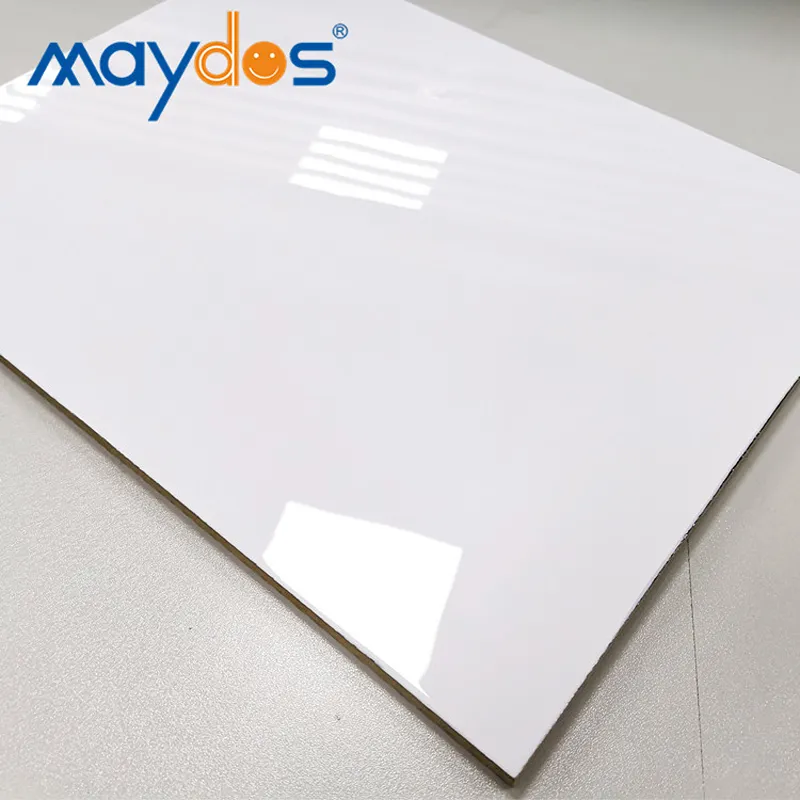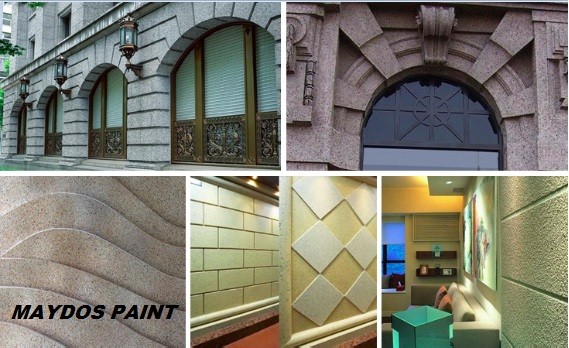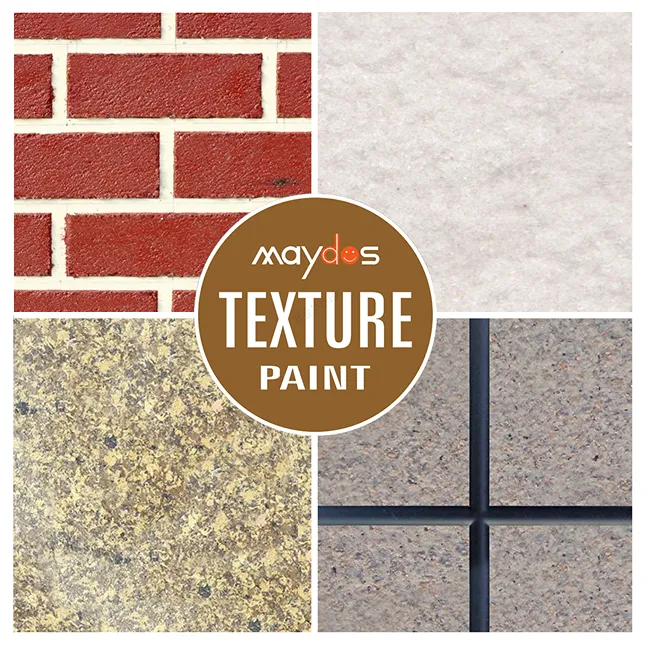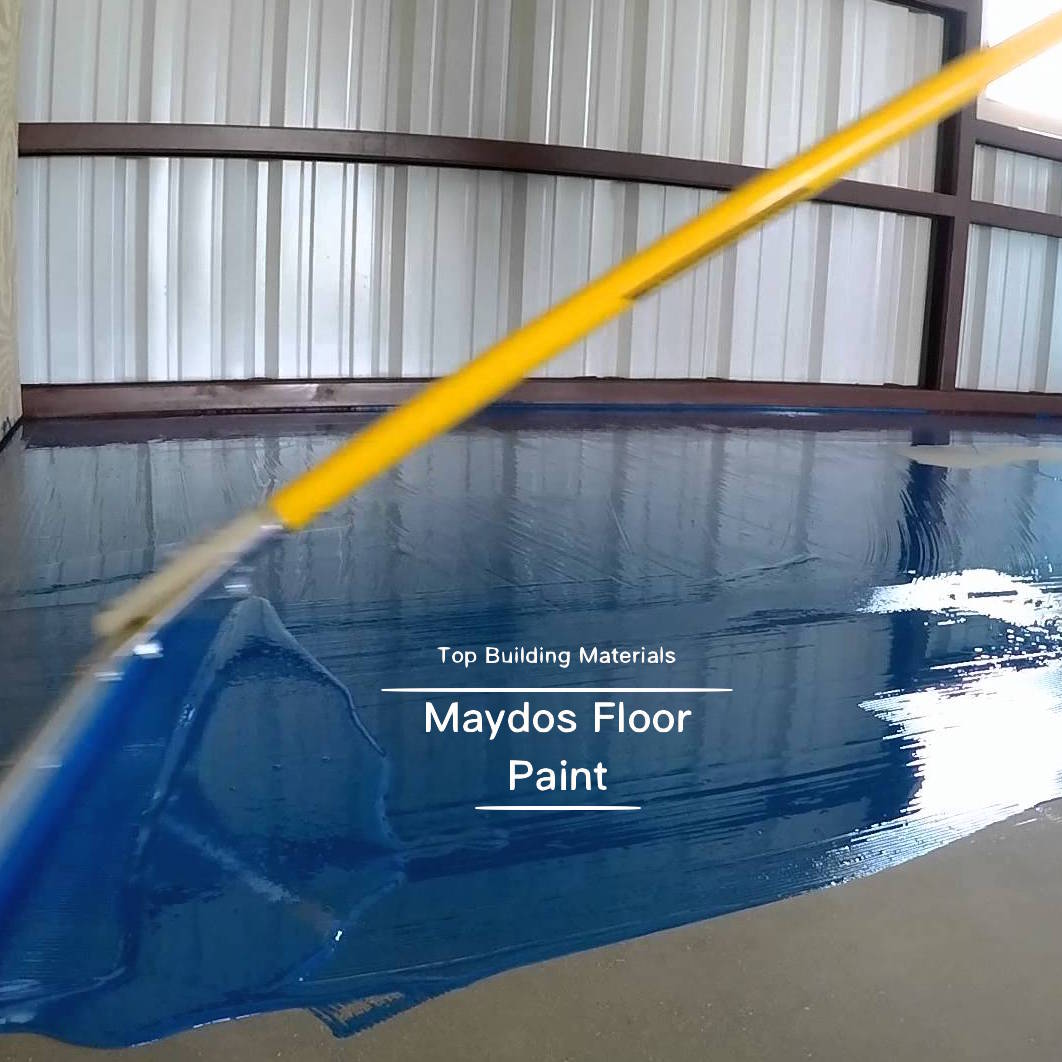Floor Paint Factory
Factory floors take a beating from heavy footfall and vehicle traffic. It’s important to make them as hard-wearing as possible while still retaining a good aesthetics. Well-defined and contrasting safety lines are also essential for space organisation.
Resincoat is a high quality floor paint ideal for industrial use. It’s chemical, oil and grease-resistant with a tough scratch resistant surface.
Durability
The durability of floor paint is essential in factory spaces that must cope with high levels of foot and machinery traffic, heavy impacts and the shifting movement of vehicles and equipment. The precise chemical makeup of a resin and the manner in which it is applied both determine how well the coating resists stresses and how long it lasts.
In many cases, a high quality resin-based floor coating can last ten times as long as a traditional home center type of paint. However, even the most durable coating will eventually start to show signs of wear and tear that require re-coating or repairs. This is due to the natural aging of the coating and the effects of daily stress on it from normal use.
When these problems occur, it is important to identify the source of the problem and take action to repair it. This will prevent further damage to the floor, and may save you from having to replace it altogether.
Typical signs of this issue include cracking, peeling and blistering. These problems are caused by moisture that penetrates the surface of the coating, causing it to break down and reveal the concrete underneath.
The best way to avoid this is to ensure that the concrete surface is dry and free of moisture before applying any coatings. This can be achieved by a number of methods including the use of dehumidifiers and steamers. In addition, the use of a moisture inhibitor can be very effective.
Another common cause of these issues is poor surface preparation. It is very important that the floor surface is clean and free of dust, dirt, oil stains and any other debris that could interfere with adhesion of the coating. It is also important to ensure that the concrete surface is fully etched before applying any floor coatings. This can be done using an acid etching solution or by grinding the floor with a power floated floor grinder.
Lastly, it is a good idea to use a fast curing epoxy floor coating system to minimise the time needed for any floor painting works to be completed. This will allow the area to be back in service much quicker and will reduce downtime for any business. There are a range of products available with fast curing periods, including solvent-based MMAs and new polyaspartic coatings.
Chemical Resistance
Chemical resistance is a key feature of floor paint factory as some industrial chemicals can be very damaging to concrete. A good quality chemical resistant coating will be able to withstand splashes and spillages, preventing damage from the chemicals. However, it’s important to note that a chemical-resistant floor coating is not an absolute barrier to all chemicals and there are different levels of resistance.
Typically, chemical-resistant floors are used in areas where the floor is likely to come into contact with chemicals and solvents such as laboratories and chemical warehouses. They can also be used in process tank areas, sumps, trenches, railcar loading and unloading areas, and other high exposure chemical areas.
There are a range of chemical-resistant flooring and bund coatings available, with various resins offering different classes of chemical resistance. For example, some resins will resist dilute concentrations of acids and alkalis, whilst others may degrade or lose performance if exposed to concentrated chemicals at elevated temperatures. It is important to discuss the chemicals that will be used in the area with Silikal when choosing a chemical-resistant coating.
The chemical-resistant coatings we offer will be able to withstand the majority of corrosive chemicals, including acids, caustics, alkalis and solvents. They are suitable for most industrial applications, with good resistance to oil, petrol and diesel fuels.
We have a selection of chemical resistant coatings that can be applied to a variety of surfaces, including concrete, steel and timber. These include epoxy, urethane and polyaspartic. These chemicals-resistant coatings are available in a wide variety of colours, and can be used to create safe walkways or delineate specific areas.
Generally, the best solution for a chemically-resistant surface is an epoxy floor coating, which provides superior corrosion and wear resistance. It is an ideal choice for heavy-duty areas, and is often used in breweries thanks to its resistant properties that prevent erosion of the floor and flaking of the paint. It is available in a range of attractive colours and can be textured to provide anti-slip properties. Once it has cured, it is hard wearing and can be used for foot traffic and vehicles.
Safety
The paint and coatings industry can be an inhospitable place for workers. The manufacturing process requires the use of a variety of chemicals, including volatile organic compounds (VOCs) that can cause respiratory problems and eye irritation. Employees are also exposed to dust when working with raw materials such as talc, silica, and chromium compounds. These substances can trigger allergies, asthma, and even lung disease. It is important for businesses to take preventative measures in order to ensure the safety of their employees.
Taking steps to protect workers can make a significant difference to the company’s productivity and efficiency. Warehouses that are properly painted and marked can help improve the safety of workers. This can be done by painting walkway lines that clearly mark paths and designated loading areas. By separating foot traffic from equipment traffic like forklifts, accidents and injuries can be prevented.
It is also important to identify any potential hazards within the factory and implement effective workplace safety protocols to avoid accidents. These safety measures can include wearing personal protective equipment (PPE) such as masks, gloves, and ear plugs to protect the skin from topical chemical exposure, as well as respirators to reduce inhalation of VOCs. Regular safety reassessments can help identify any new risks and appropriate PPE to be worn.
A paint and coatings plant’s environment is challenging for surfaces, and heavy footfall can quickly wear away and damage a painted surface. To combat this, companies can invest in floor coatings that are designed to withstand these conditions and resist corrosion. Epoxy and polyurethane coatings are commonly used for this purpose, as they provide durability and high resistance to abrasions.
It is also important to have a warehouse floor marking system that is clear and consistent throughout the facility. Painting various stripes and colors around hazardous machinery parts, physical hazards, flammable areas, and loading zones can help prevent accidents. By color-coding your system, it will be easier for anyone in the warehouse to understand what each area means. This can be especially helpful if you work with visitors who may not be familiar with your facility.
Aesthetics
Factory floor paint can be applied to a variety of surfaces, including concrete and metal. The finished product is resistant to abrasion, chemicals, and impact damage, making it an attractive option for warehouses that require frequent foot or vehicle traffic. It also provides an aesthetic boost, with its glossy finish and wide range of colours. This can help improve the overall look of a facility and create a more professional atmosphere.
It’s important to keep in mind that a warehouse floor can require substantial preparation before being painted, which can add to the cost of the project. This might include sweeping, vacuuming, and mops to remove loose debris and dirt. It’s also a good idea to clean any cracks or other damaged areas with a suitable repair material before proceeding.
Once the surface is ready to be painted, it’s a good idea to apply a primer designed for industrial floor use. This will help the paint adhere to the surface and prevent peeling or flaking in the future. Once the primer has cured, it’s time to apply the base coat. This is usually done with a brush or a roller and will need to dry completely before moving on to the topcoat.
Polyurethane floor paint is available in a range of colours, which can make it easy to match the paint with specific design or brand requirements. It is also resistant to stains, so it’s easier to clean spills and other messes than a bare concrete floor. It’s a good idea to regularly sweep and mop the floor to remove dirt and debris, as well as to clean any spills or stains as soon as they occur.
Some warehouse industrial floor paints are formulated with anti-slip additives, which can help reduce the risk of accidents due to slippery floors. This can be especially important in facilities that deal with food or chemicals, or where heavy machinery is used. It is also possible to create unique designs or patterns with warehouse floor paint, which can add a visual element to the facility and help increase visibility.





















